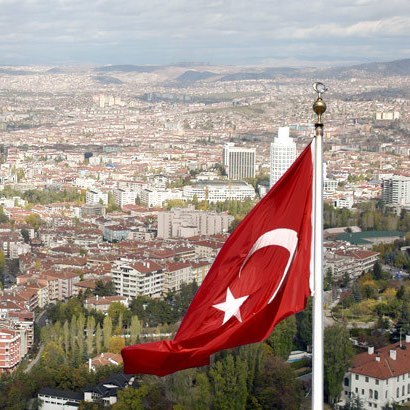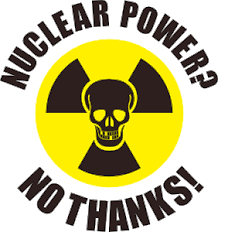(The New Turkey) In order to assess the geopolitical dimensions of the failed coup in Turkey, first of all, one has to acknowledge that there is a near consensus in Turkey that the failed military coup was executed by the followers of Fethullah Gülen, who has been living in the United States since 1999. Gülenists are implicated in a wide range of criminal activities including terrorism, such as the assassination of the famous Turkish-Armenian journalist Hrant Dink; hatching plots to prosecute and imprison rival groups and leaders such as the imprisoning of the religious group known as Tahşiye; extortion and blackmail targeting prominent public figures including businessman, academics, and politicians, such as the ousting of the main opposition party’s leader Deniz Baykal by using sex tapes; and blackmailing Selçuk University’s president to acquire permission for a Gülenist private university in Konya. Because of these and many other criminal activities, Turkish courts designated the Gülenist network as the Gülenist Terror Organization (FETO).
Second, and more critically for Turkish-American relations, there is also a broad agreement, including both right and left wing, conservative and secular journalists in Turkey, that the Gülenists were cultivated and nurtured by the Central Intelligence Agency (CIA) during the Cold War, both as a staunchly anti-Soviet and pro-American movement, and as an instrument with which to discipline the Turkish state and society while constructing a new kind of “moderate Islam.” Regardless of whether one accepts these arguments or dismisses them as conjectures based on circumstantial evidence, most Turks believe that the United States is behind the Gülenists in general and the recent military coup attempt in particular, as even the New York Times belatedly found out: “Turks can agree on one thing: US was behind failed coup.” […]
Read More © The New Turkey











